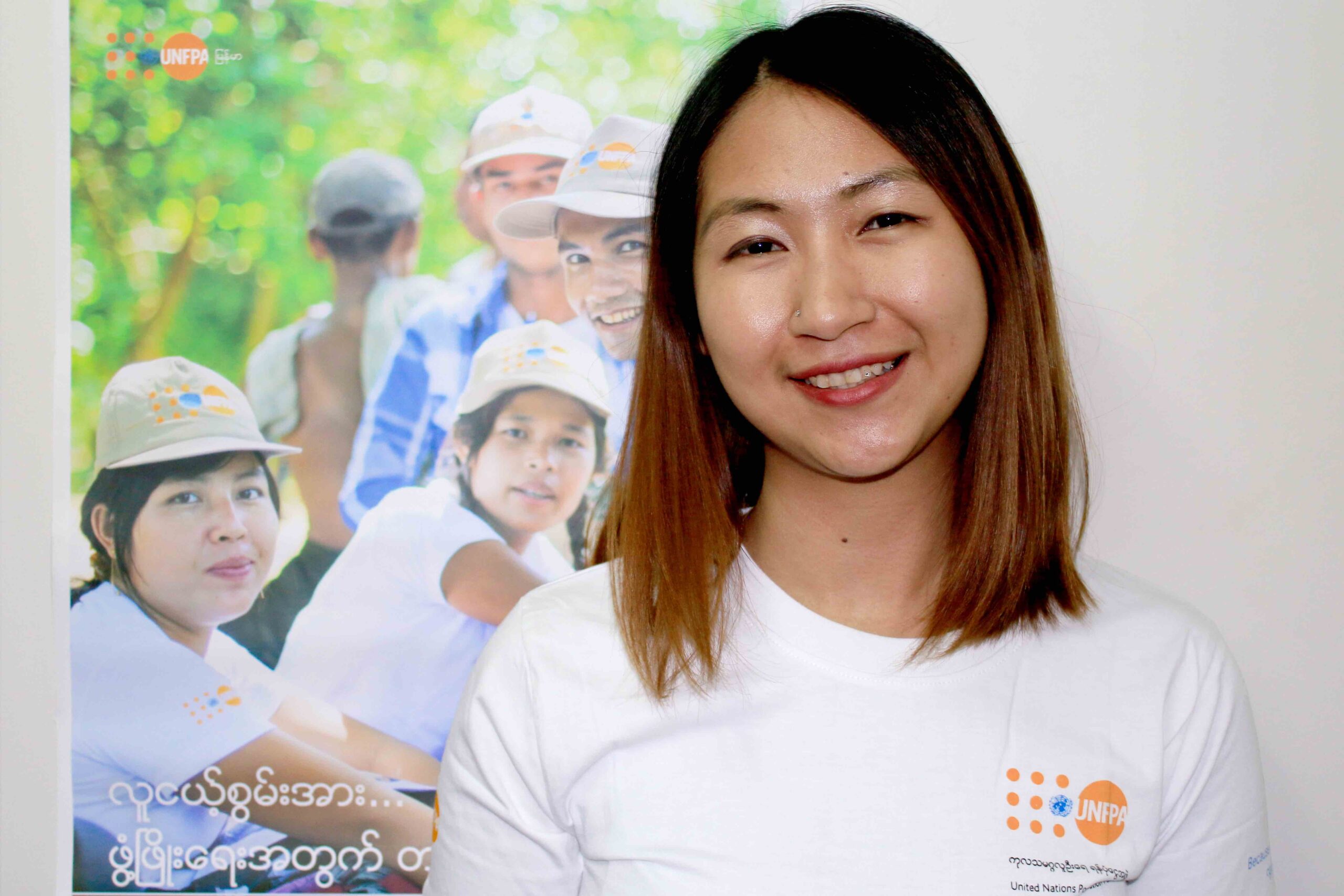CHIANG MAI, Thailand—It remains a common view in Myanmar society that promoting access to safe-sex resources—by, for example, making condoms available—is a source of shame, and criticism of those who use such resources makes it hard to raise awareness of safe-sex practices, according to public health experts.
Despite being aware that practicing safe sex can prevent sexually transmitted diseases and reduce unwanted pregnancies, many people fail to do so.
The country has seen a limited amount of progress; reproductive and adolescent health awareness programs have become more available as civil society groups, health departments and international organizations including UN agencies are conducting awareness-raising activities.
However, questions remain over the extent to which people, in both urban and remote rural areas, receive such information.
While some people may be familiar with the use of condoms—the best single method for preventing infection and pregnancy—stigmatization and other forms of criticism keep some people from using them, according to Dr. Yadanar, a public health expert and program analyst at the UN Population Fund (UNFPA)’s Adolescent and Youth Program.
“[People] know that using a condom is a good form of protection, but they are reluctant to buy them, as they are shy. Someone might have the information and knowledge, but they dare not use it as there is an environment of blame and criticism toward those who are seen buying one,” Dr. Yadanar said.
Thus, greater awareness is needed in regards to safe sex practices, Dr. Yadanar said. She reminded people that trusting a sex partner whose history one doesn’t know, and failing to use protective measures, can have serious consequences.
“In Myanmar, people mostly use condoms, but sexually active youth tend to use emergency contraceptive pills. But condoms are the only method that provides protection against both infection by sexually transmitted diseases and pregnancy. Some may use the method of external ejaculation, but this still carries a risk of pregnancy. There are still too few people, especially youth, getting access to this sort of information,” she said.

In 2015-16, Myanmar Demographics and Health Survey conducted a poll of sexually active adolescents aged 13 and above, but concerns about the general willingness of people in Myanmar to openly share information about sexual behavior has led some experts to believe that aspects of the sexual activity covered in the report were underreported.
During awareness education sessions, young people in Myanmar learn about sexualities and sexual behavior—topics that for many are strange and new. But some adults and elderly people fear that educating teens about sex will simply encourage them to become sexually active.
Dr. Yadanar said adults must accept that comprehensive sexuality education is based on a human rights approach, and that learning about sexuality, including the related anatomy and bodily functions, enhances mutual respect.
Additionally, more information needs to be made available to youth outside of the classroom, she said, so that they become aware of the importance of prevention. Dr. Yadanar said this would delay their initiation into sexual activity and lead to a reduction in risky sexual behavior.
According to a 2016 report on maternal mortality, which was based on the 2014 Myanmar population and housing census, there are about 2,800 maternal deaths annually in the country, resulting in an MMR (maternal mortality ratio—the number of maternal deaths per 100,000 live births) of 282. It is the second-highest MMR among ASEAN nations, and more than double the Southeast Asian average of 140. Unwanted pregnancy is the third-largest contributing factor to maternal deaths in Myanmar.
Myanmar’s MMR fell from 580 in 2009 to 200 in 2013, according to UN data cited in the 2013 Maternal Death Review in Myanmar issued by the Maternal and Reproductive Health Division of the Department of Health.
To promote comprehensive sexuality education, UNFPA together with the government launched the Love Question: Life Answer mobile application in late 2017. The app contains information about sexualities, safe sex and contraception, early marriage and unwanted pregnancy, sexually transmitted infections and HIV, puberty and menstruation, gender and body dilemmas, drug abuse and alcohol problems, and love and relationships.
More than 40,000 people have been using the app for over a year, Dr. Yadanar said. Among them, youth aged 18-24 comprise the biggest users. This group is generally the most interested in viewing information about sexual behaviors and sexualities, Dr. Yadanar said.
“But when compared to the total youth population, the number of users of the app is still very small, so too few people are accessing the information,” she said. There are 23.4 million young people in Myanmar, according to the 2014 census, accounting for 46.5 percent of the total population.
As part of the campaign to raise awareness of the need for sex education, UNFPA also has a campaign titled, “If you don’t want to — say no to sex.”
“Just say no, if you are not ready or comfortable about having sex,” Dr. Yadanar advised youth, adding that forcing someone to have sex without their consent is a violation of their rights and a crime.
She reminded youth that the decision must be their own, and not a result of peer pressure or threats.
“Even if the sex is consensual, they must be aware of the consequences,” she said. “To prevent unwanted consequences, do not forget to use a condom to prevent diseases and unwanted pregnancy.”
















